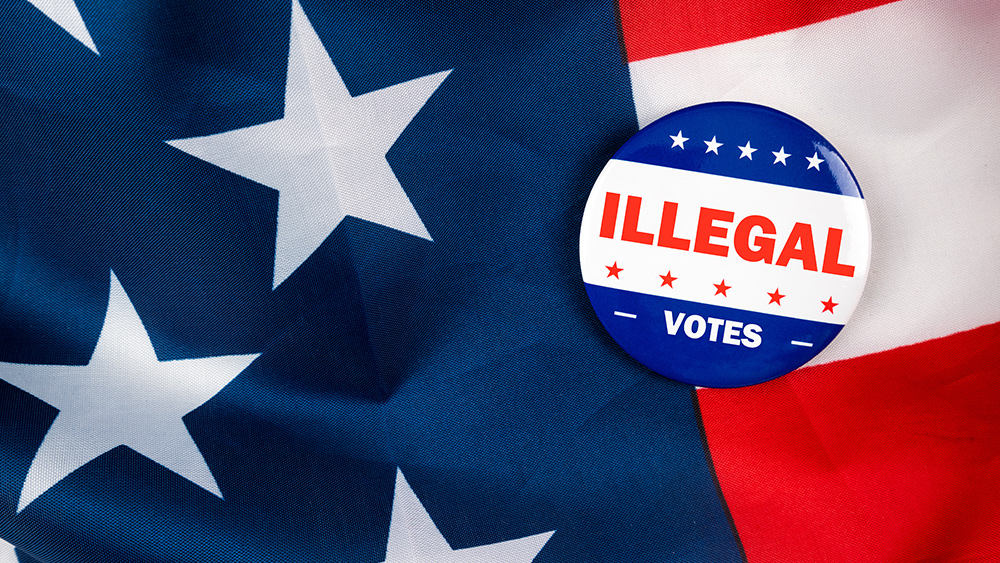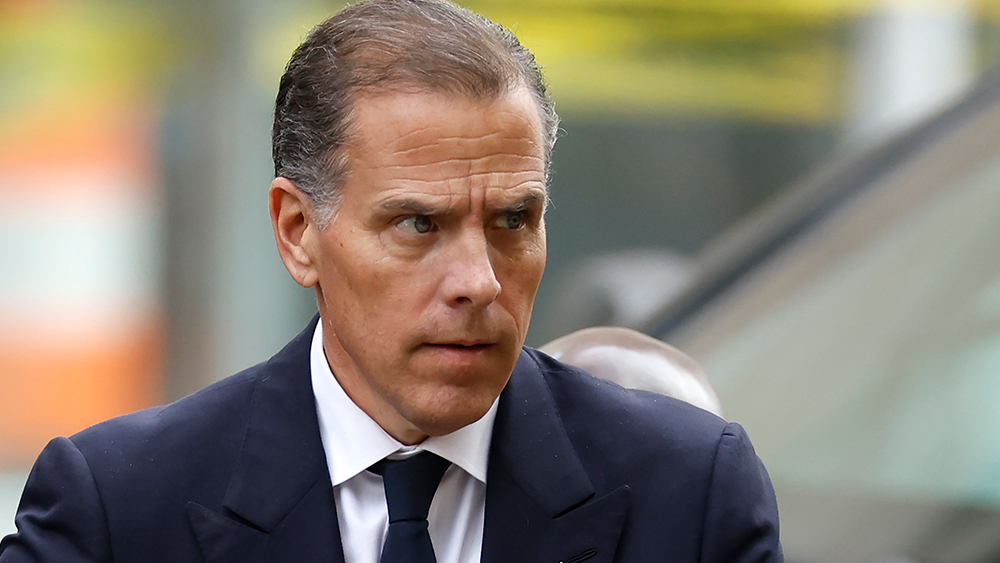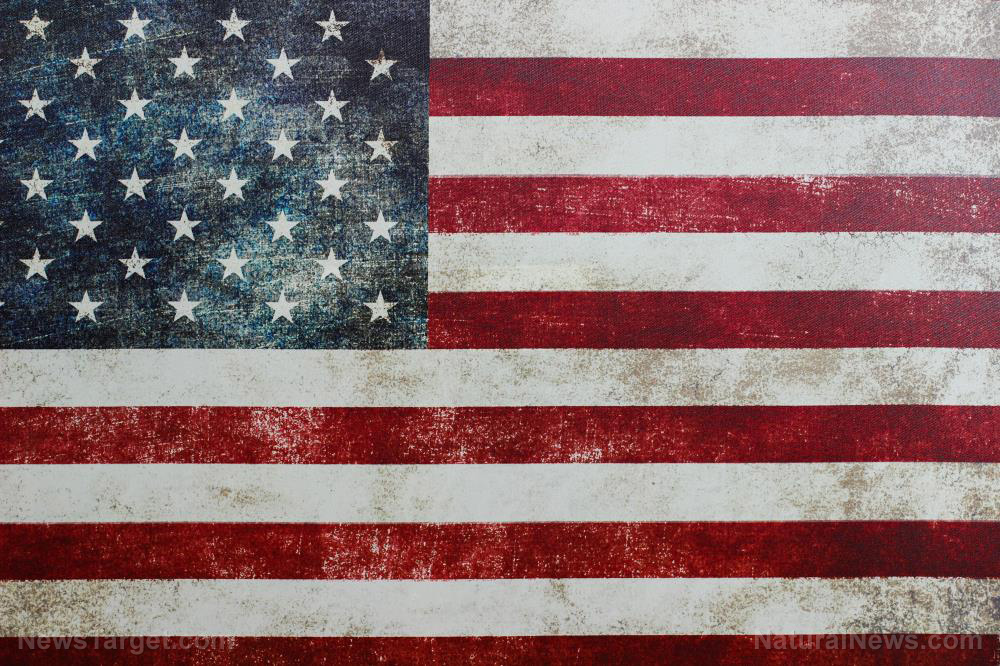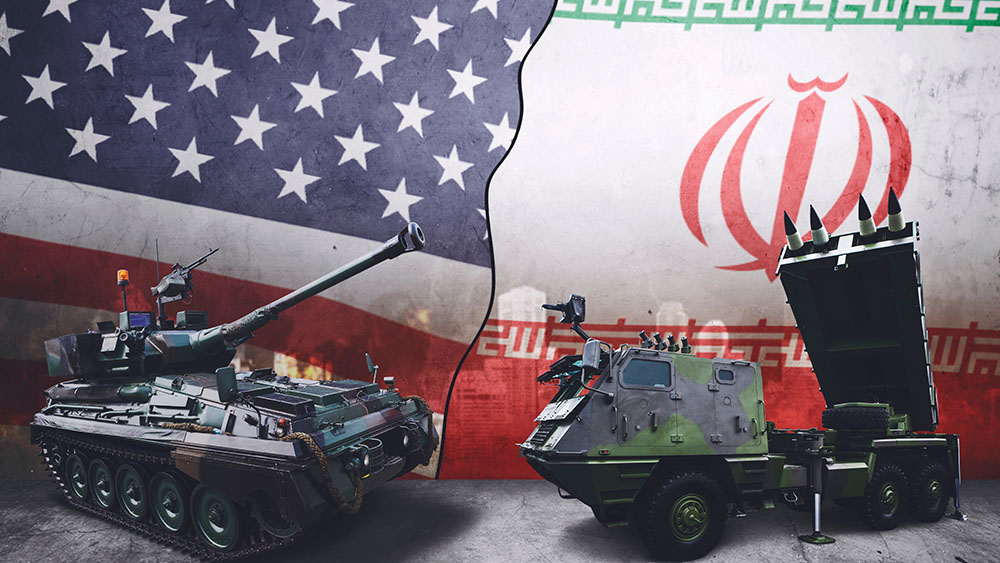Trump signs sweeping executive order mandating proof of citizenship for voter registration
03/31/2025 / By Cassie B.

- Trump signed an executive order requiring proof of citizenship for voter registration and Election Day ballot receipt.
- Order aims to align U.S. election security with stricter practices used by countries like India and Brazil.
- Federal agencies will assist states in prosecuting non-citizen voting and deny funding to states that accept late mail-in ballots.
- Democrats and voting rights groups vow legal challenges, claiming the rules could disenfranchise millions.
- Order also targets foreign election interference and mandates paper trails for ballots.
President Donald Trump has signed a sweeping executive order requiring proof of citizenship for voter registration and mandating that all ballots be received by Election Day. The order, titled “Preserving and Protecting the Integrity of American Elections,” aims to close vulnerabilities in the electoral system by aligning U.S. practices with security measures long employed by nations like India and Brazil. The action underscores Trump’s commitment to ensuring that only eligible citizens determine election outcomes—a principle he called “fundamental to our Republic.”
Flanked by aides in the Oval Office, Trump declared, “It’s an honor to sign this one… We think we’ll be able to end up getting fair elections.”
The order directs federal agencies to assist states in identifying and prosecuting non-citizens who attempt to vote illegally, while also cutting off federal funding to states that count mail-in ballots received after Election Day. Critics, however, swiftly condemned the measures as restrictive, setting the stage for legal battles over states’ rights and voter access.
Closing loopholes
The executive order highlights glaring gaps in U.S. election security compared to other democracies. While countries like India use biometric verification and Germany relies on paper ballots counted publicly, the U.S. has long depended on “self-attestation” for voter eligibility—a system the order calls “outdated and insecure.”
Under the order, federal voter registration forms must now require documentary evidence, such as a U.S. passport, REAL ID, or military identification. In addition, states must tabulate all ballots by Election Day, ending the practice of accepting late-arriving mail-in votes.
Homeland Security and the Justice Department will help states audit voter rolls and prosecute non-citizen voting.
“Maintaining accurate voter registration lists is a fundamental requirement in protecting voters from having their ballots voided or diluted by fraudulent votes,” the order states.
Legal and political firestorm erupts
Democrats and voting rights groups immediately vowed to challenge the order. Marc Elias, a prominent Democratic attorney, tweeted: “This will not stand. We will sue.” The Brennan Center for Justice claimed the rules could “disenfranchise millions,” citing estimates that 21 million citizens lack immediate access to citizenship documents.
Colorado Secretary of State Jena Griswold called the move “unlawful” while Republicans praised it as long overdue. House elections committee chair Bryan Steil (R-WI) said it was a “welcome action to secure our elections and prevent foreign influence.”
The order also targets foreign interference, directing the Attorney General to crack down on non-citizen campaign contributions and closing loopholes that allow NGOs to funnel foreign funds into U.S. elections. Additionally, it mandates voter-verifiable paper trails for ballots—a direct rebuke to electronic systems using QR codes, like those in Georgia.
Trump framed the action as the first step in a larger effort: “There are other steps that we will be taking in the coming weeks.”
With this order, Trump has reignited a national debate over election security versus access. Supporters argue it safeguards the sanctity of every legitimate vote, while opponents warn of voter suppression. For now, the administration’s message is unequivocal: “Free, fair, and honest elections unmarred by fraud… are fundamental to maintaining our constitutional Republic.” Whether the courts agree will shape elections for years to come.
Sources for this article include:
Submit a correction >>
Tagged Under:
election integrity, elections, illegal immigrants, invasion usa, migrants, national security, progress, rigged, Trump, vote fraud, voter registration, White House
This article may contain statements that reflect the opinion of the author
RECENT NEWS & ARTICLES
COPYRIGHT © 2017 BIG GOVERNMENT NEWS





















